Programme
The first year of the programme consists of coursework and a ‘Group Design Project’ (GDP), while the second year is dedicated to the ‘Individual Design Project’ (IDP) in (collaboration with) industry.
First year
The course programme is custom-designed to each student and thus differs from trainee to trainee depending on background and career interests. Some courses are compulsory, however, as all trainees shall acquire and develop a sufficient design knowledge. Courses are organised by different institutions, such as TU Delft, Wageningen University and the University of Leiden. Likewise, BioTech Delft offers Advanced Courses aimed explicitly at EngD, PhD or professional level.
Mandatory courses are Advanced Principles in Product and Process Design; Individual Design Project; Fermentation Technology & Environmental Biotechnology; Group Design Project; Microbial Physiology; Project Management and Techno-Economic Evaluation for Design Engineers
Elective courses, among others are:
- Scale up/Scale Down
- Numerical Methods, Modelling and Simulation Techniques
- Transport and Separation.
There are several advanced courses offered by BioTech Delft postgraduate studies.
Group Design Project
The compulsory course “Group Design Project (GDP)” has a practical emphasis and intends to provide relevant and real business cases for the EngD trainees to start building up their experience as designers. The trainees will apply the theory learnt during their first year courses and expand their basic understanding of how a design project runs.
During the group design project, special emphasis is made in the Delft Design Template Methodology learnt in the course “Advanced Principles in Process Design”. That includes the identification and implementation of the different design spaces, ranging from 0 to the 8th design space which differ in the level of detail. This includes the supply chain imbedding, process technology and process engineering. The trainees will apply the technical knowledge learnt in the rest of the core module and elective courses. Likewise, they will develop their Project Management skills using the tools learnt in the course.
The main goal of this course is to provide the EngD trainees with a first real case experience with design engineering work that will prepare them for their 2nd year Individual Design Project.
Second year / Individual Design Project
The second year is fully dedicated to the Individual Design Project (IDP). Similar to the GDP, a real business case is given where the trainee can apply the advanced design knowledge acquired during the first year. The projects often consist of translating a new research concept into a novel process in industry, identifying bottlenecks in the implementation of certain technologies, scaling up/down, feasibility analyses, techno-economic evaluation, and likewise.
Project acquisition is normally done between TUDelft and its company network acquired throughout the years of collaboration. A project proposal, made by Industry, should be approved by the exam committee of the EngD programme before the project starts.
The selection of the most suitable candidate for each project is ultimately done through an interview by the company or academic stakeholders where applicable.
Project Topics
Our network cover small start-ups to large multinational companies in the Biopharmaceutical, Food, Biobased, Bioplastics, Cosmetics and Wastewater Sector, within others. The projects therein encompass a wide range of topics, for instance:
- Feasibility of new grassroots design concepts for upstream or downstream
- Debottlenecking / troubleshooting an existing bioprocess or part thereof
- Scaling up / scaling down a bioprocess
- Modelling of new and existing bioprocesses
- Techno-economic feasibility and a priori debottlenecking of novel research ideas
The table below gives more insight in the companies and topics mentioned above:
| Sector | Company | Topic |
|---|---|---|
| Food, Bioplastics, Biofuels |  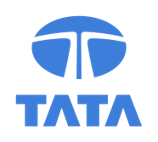 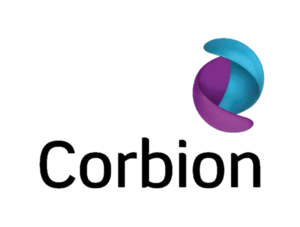 | Techno-economic and environmental analysis of novel Bio-based ideas Waste valorisation Downstream process design New process design concepts development |
| Food, cosmetics, Health | 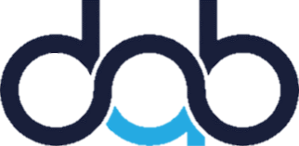 | Intensified bioreactor and process design |
| Biopharma |   | Cell culture bioreactors |
| Biopharma | 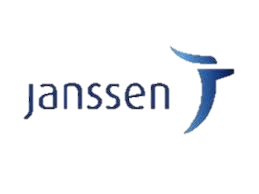 | Scale-up/Scale-down strategies Upstream process design Downstream process design Modelling of existing processes Computational Fluid Dynamics Debottlenecking of existing processes |
| Food | 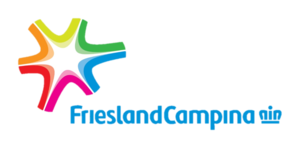 | Downstream Process Design |
| Various sectors | Start-ups | Techno-economic analysis and a priori debottlenecking of novel research ideas. Wastewater treatment |